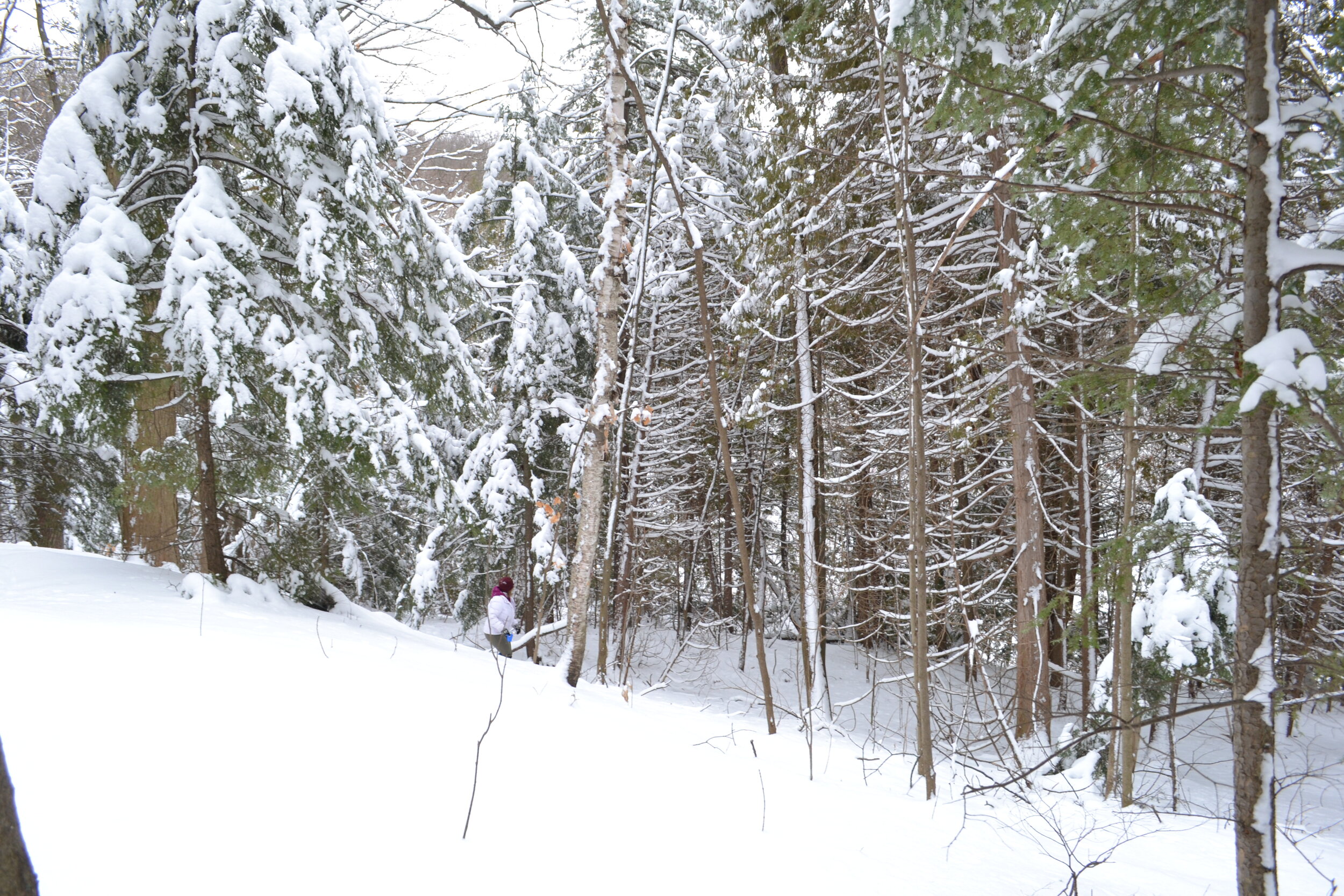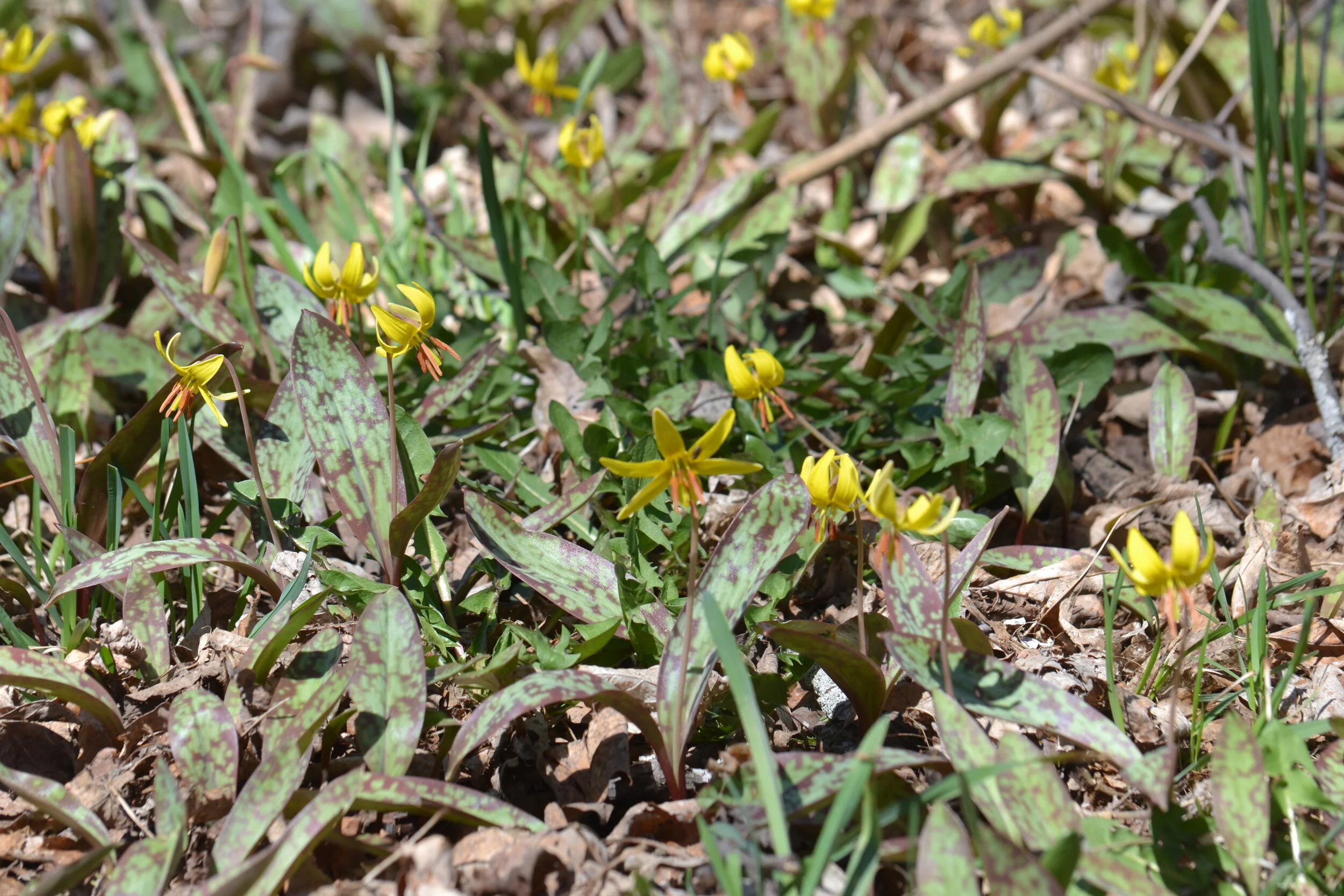
Call it a business venture gone wrong.
In the late 1860’s the LDD Moth (Lymantria dispar dispar) was brought over from Europe in an effort to start a domestic silk industry in the Northwest. Unfortunately, some moths escaped into the surrounding forest. Now, over 150 years later, the LDD Moth has spread from Medford Massachusetts to much of the forests in Eastern North America.
In 2019, LDD Moth had been found in 47 203 hectares across Ontario, but by 2020 that area drastically increased to 586 385 hectares. To put that into perspective, in 2020 defoliation (leaf loss) caused by LDD Moth occurred over an area 82% of the size of the entire GTA. According to the MNR’s most recent survey, Aurora is at risk of high defoliation levels in 2021.
Areas with high LDD Moth populations in 2020 are indicated in red.
The Project Area: Case Woodlot
The Case Woodlot is a 17 hectare forest located on the corner of Bathurst Street and Henderson Drive in the Aurora Highlands. The forest is lush with many different tree species like maple, hemlock, oak, birch, cherry, poplar, cedar, and pine; which shelter a diverse understory of spring ephemerals such as blue cohosh, trout lily, and trillium.
Trout lilies emerge each spring throughout the Case Woodlot.
The forest borders a small pond which feeds into a stream. This stream is part of the headwaters of Tannery Creek which leads to Lake Simcoe. It is home to a multitude of animal species and is a significant natural asset in the community. In order to protect the Case Woodlot from the LDD Moth, a group of dedicated volunteers have started to remove their egg masses by hand in the winter of 2020.
The light brown velvety egg sacs can be easily spotted on the tree bark and roots. They are scraped into a container using a spoon, and later placed into soapy water for a minimum of 48 hours to destroy them. You can watch a short video on the Homegrown Society’s Instagram, or on TikTok.
To get involved in this citizen science program, reach out to us via email!








